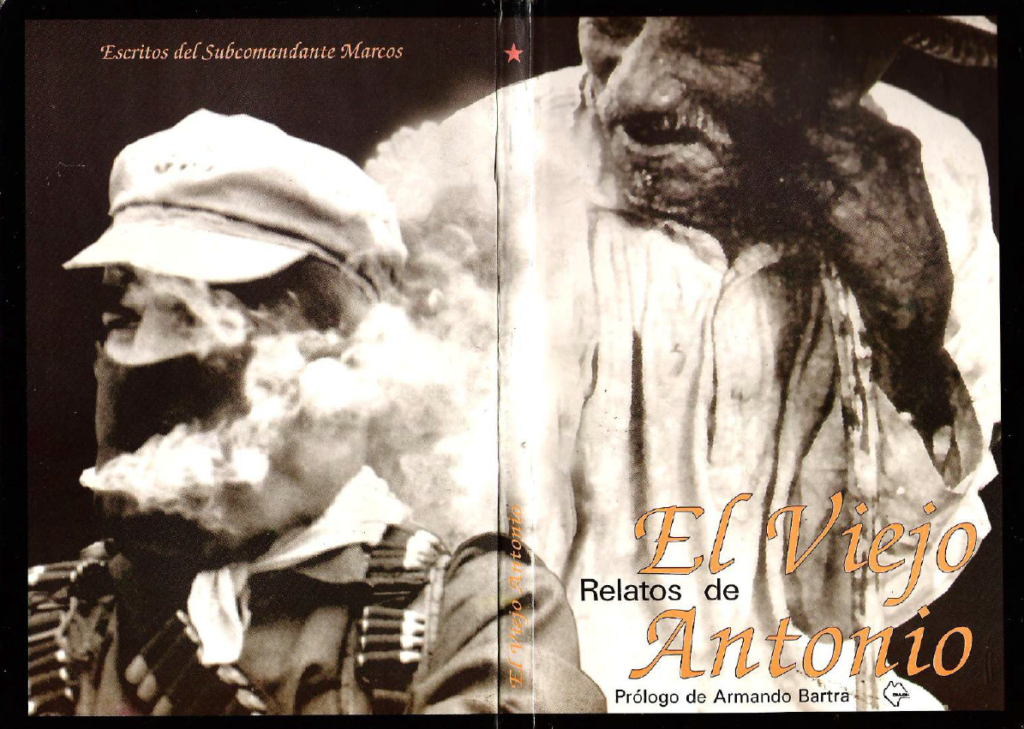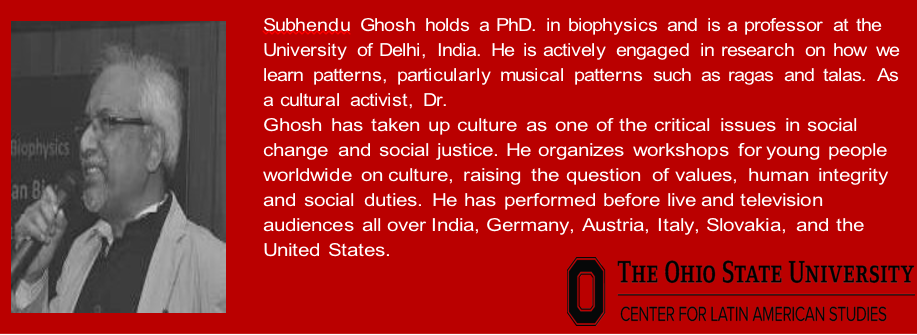In this week’s Our Unlearning Hour, we discussed methods of unlearning. The question transformed from what have we learned, and what is unlearning, to how can we unlearn. Dana Luciano, a new addition to our group, shared that she believed that it had to do with a more conscious awareness of the world around us, our role with in it, and an ability to question social constructs instead of accepting them as concrete. In this reflection, she cited David Foster Wallace’s commencement address to Kenyon College, entitled “This is Water.” https://fs.blog/2012/04/david-foster-wallace-this-is-water/ The speech begins with a short anecdote about two fish swimming along, and they pass an older fish who says, “morning boys, how’s the water?” After that fish swims on, the two fish look at each other, and one asks “what is water?” The most obvious, important realities are, indeed, often the ones that are hardest to see. Learning to see them is an active process, just as unlearning is an intensely active process that requires a reconfiguration of our passively accepted construct of reality. https://www.youtube.com/watch?v=ms2BvRbjOYo
Tania Espinales Correa shared a story https://enriquedussel.com/txt/Textos_200_Obras/PyF_revolucionarios_marxistas/Relatos_viejo_Antonio-Sub_Marcos.pdf
( ” La historia de las palabras” appears in pages 62-67) and reflected on how unlearning is not the equivalent of forgetting because it is not something that happens passively. To unlearn is to learn how to be our-other-selves. It is a way to be a mirror. Tania shared how certain Maya languages reflect this idea of mirroring in their capacity as “lenguas ergativas” underscoring that “learning” or “teaching” are not unidirectional processes, but rather actions that imply and require dialogue with an other. This is the link to Walter Mignolo’s article that inspired her reflection https://osu.on.worldcat.org/oclc/5544915060

Michelle Wibbelsman pointed out that Andean languages and dynamics, in particular ritual expressions reflect a similar mirrored pattern. Tania and Michelle shared how certain exercises in the Andean Music Ensemble class attempt to put into practice some of these methods. https://sppo.osu.edu/andean-music-ensemble ; https://clas.osu.edu/outreach/andean-ensemble .
Ann Hidalgo reflected on the fact that unlearning as part of decolonial methods is not so much about changing habits, but more humbly, at least at the beginning, about recognizing patterns and rendering explicit our cultural habits. Along these lines we referenced the Pachaysana Institute’s approach to “rehearsing change” as a necessary step prior to implementing change https://www.pachaysana.org/copy-of-projects-1 (“Rehearsing Change” is an OSU study abroad program in Amazonia https://educationabroad.osu.edu/index.cfm?FuseAction=Programs.ViewProgram&Program_ID=10314 )
Over the weekend, Pamela Espinosa de los Monteros, Eric Johnson, Stephanie Porrata and Michelle Wibbelsman participated in the ONE Community Conference with a K-12 workshop “Portals to the Past and Present: Instructional pedagogy with primary sources” featuring the Rare Books and Manuscripts Cervantes Collection and the Andean and Amazonian Cultural Artifact Collection https://guides.osu.edu/onecommunity2020
The next meeting of Our Unlearning Hour will take place on Friday, February 14, 9:30-10:30 in the Heirloom Café (Wexner Center for the Arts). We will have the pleasure of having Dr. Subhendu Ghosh from the University of Delhi join us for the conversation.
